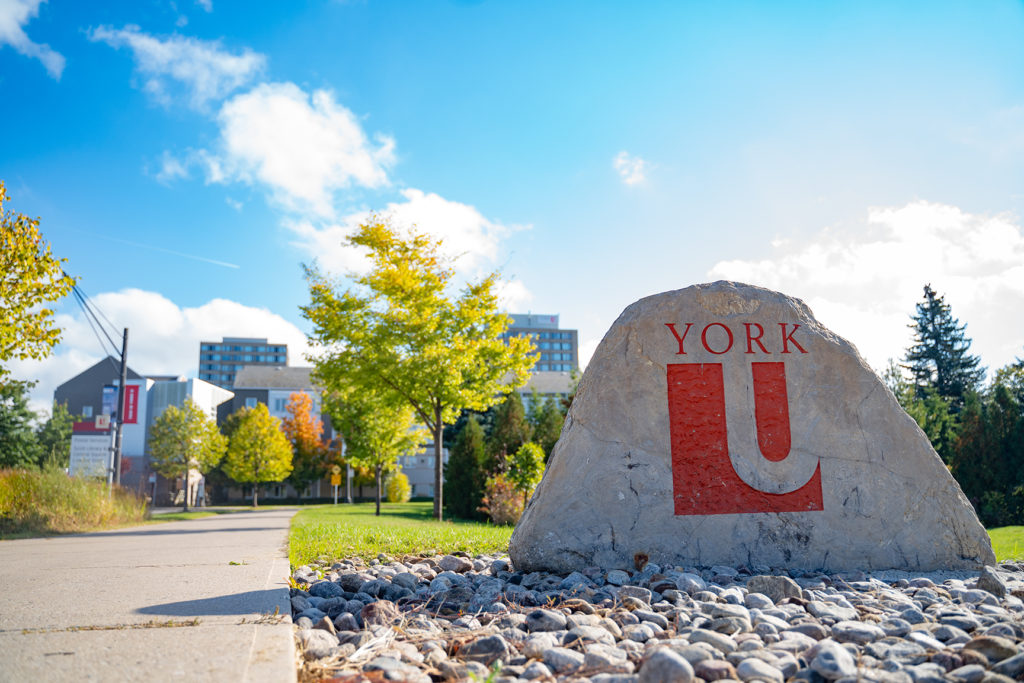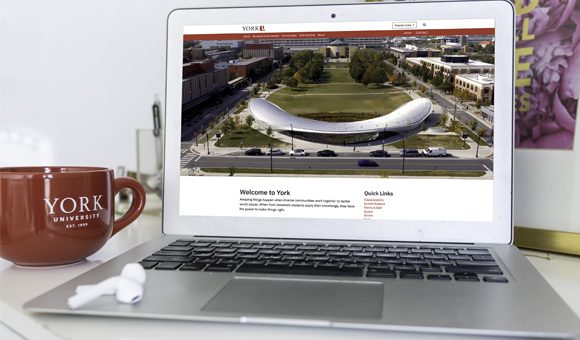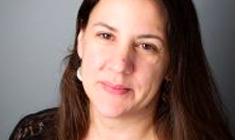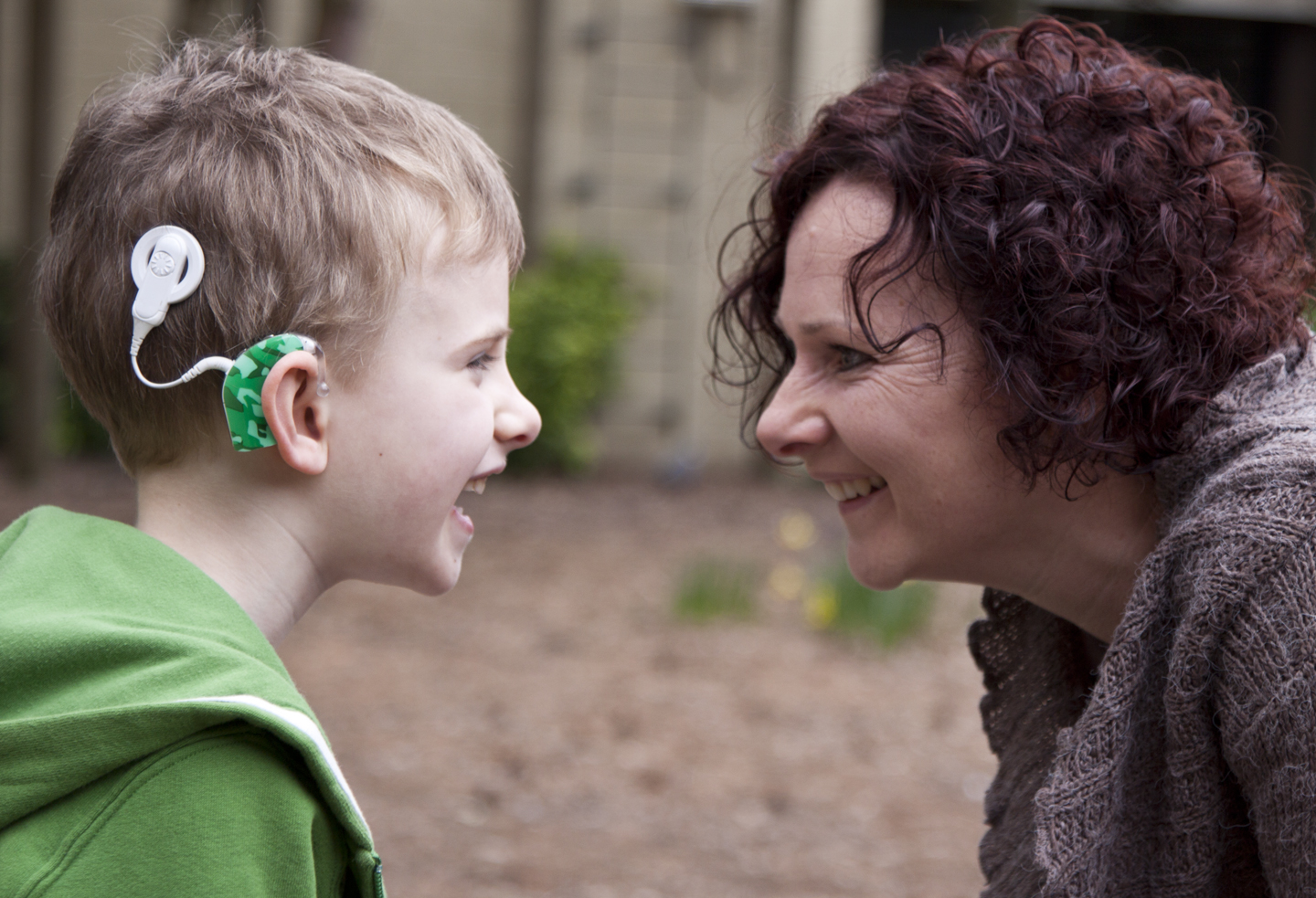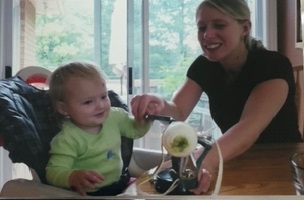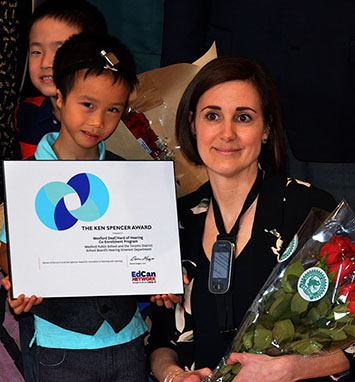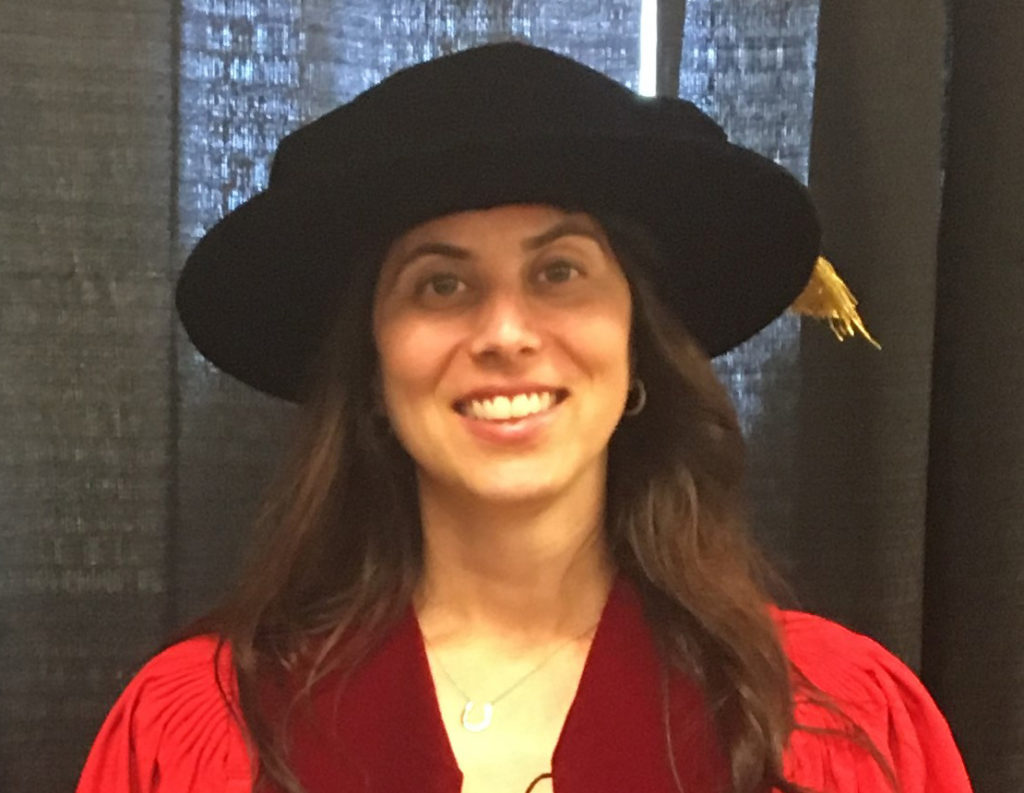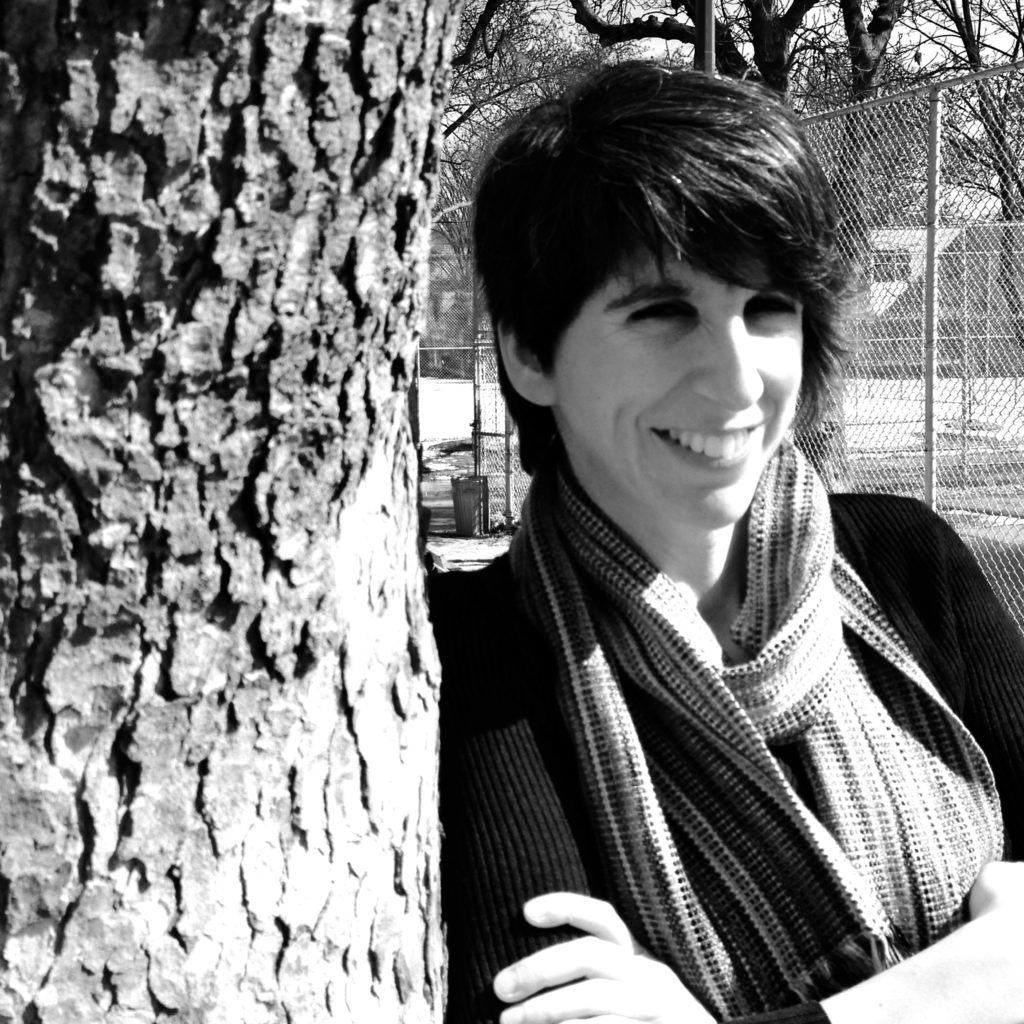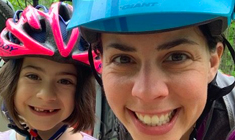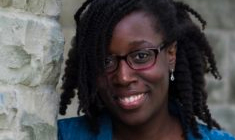Since moving to York University from the Sir James Whitney School for the Deaf in Belleville in 1991, the Deaf and Hard of Hearing (DHH) Teacher Education Program in the Faculty of Education at York University has grown into the largest of only three such programs in Canada, with approximately 60 students enrolled each year. Over the past three decades, the program has implemented changes to respond to shifts in the field of deafness and deaf education including the advent of newborn hearing screening, advances in hearing technologies including cochlear implantation, and the recognition of American Sign Language as a language of instruction. With an ongoing commitment to principles of diversity, equity and inclusion, the program now offers both Full Time and Part Time online options to allow for greater access to meet the growing need for teachers of the deaf in Ontario and across Canada.
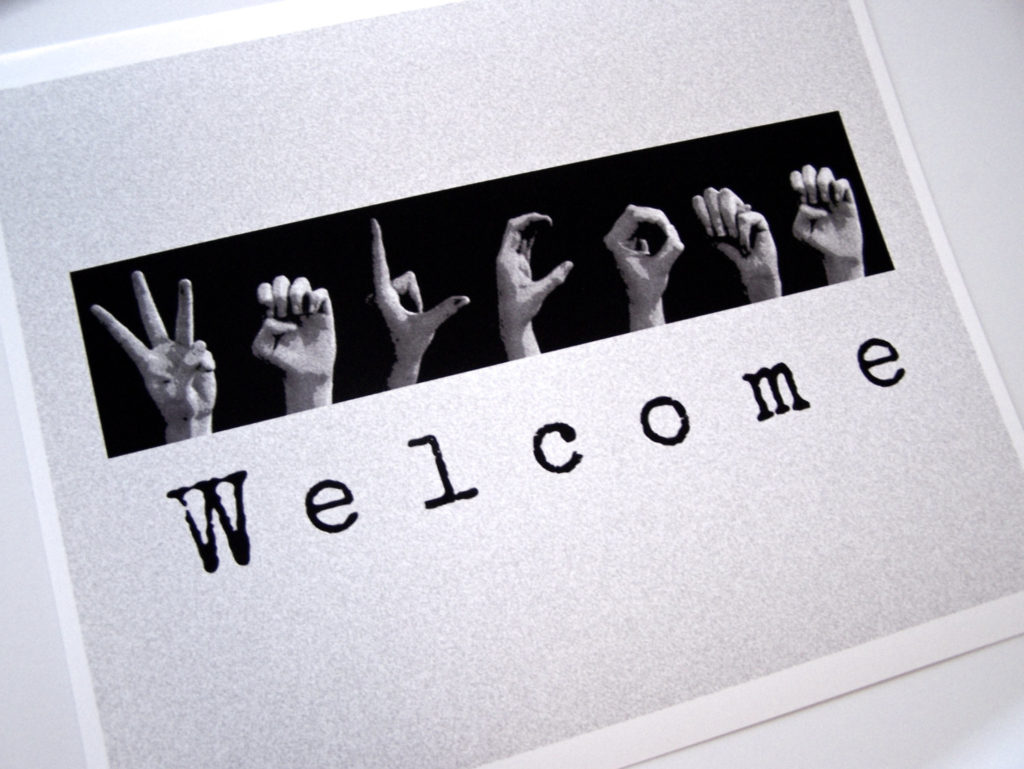
The chronic and increasing shortage of qualified teachers of students who are D/deaf or hard of hearing is a growing educational crisis in Canada. These students have unique language and communication needs and strengths that can be addressed only by well-prepared specialist teachers. With recent dramatic advances in our understanding of language, listening, and culture in the development of these children, there has never been a more pressing – or exciting – time to become a teacher of the deaf and hard of hearing.
Janet Jamieson
Professor
Faculty of Education, Educational and Counselling Psychology, and Special Education
University of British Columbia
FEATURED STORY

Change is a Constant for Deaf and Hard of Hearing Teacher Education Program
When York University took over the province’s Deaf Teacher and Hard of Hearing Teacher Education Program 30 years ago, Professor Connie Mayer had no idea that the field would go through such dramatic changes.
Congratulations to York University in continuing to offer the Deaf and Hard of Hearing Teacher Education Program, which is now in its 30th year. Teachers who are well trained in this field ensure that students' language is developed and the best access to curriculum is achieved. York University is one of the few programs in Canada which prepares teachers to provide critical levels of support for students with hearing loss.
Darlene Fewer Jackson
Director of Programs for the Deaf and Hard of Hearing
Newfoundland & Labrador
CELEBRATING OUR GRADUATES
In the Toronto District School Board, we have over 1000 students with an identified hearing loss who all require the specialized support of Teachers of the Deaf or Hard of Hearing whether it is to help ensure necessary accommodations are implemented (including the use of American Sign Language as the language of instruction in the classroom), to support the use of Remote Microphone systems or to provide direct instruction in an alternative curriculum focusing on speech intelligibility, auditory skills, language development and self-advocacy. Each year we look forward to mentoring teachers in the York program during their practicum placements as they develop their skills in these areas to best support Deaf and Hard of Hearing students in Toronto and throughout the province.
Rhonda Cook
Co-ordinator, Deaf and Hard of Hearing Programs
(Class of 1994)
DHH TIMELINE
Pre 1990s
Milestones in DHH Education
First child received cochlear implant in Ontario (1989)
Early to mid 1980s, bilingual education programs began in Sweden

Pre 1990s
Program Milestones
Teacher of the deaf certification program offered at the Sir James Whitney School for the Deaf in Belleville
Ontario Ministry of Education provincial review of deaf and hard of hearing education (1989)
1991-2000
Milestones in DHH Education
Ontario College of Teachers established (1997)
First Deaf MPP in Ontario elected (1990-1995)

1991-2000
Program Milestones
Program offered to Ontario certified teachers
Dedicated program classroom in Ross Building designed with accommodations for students who are deaf or hard of hearing
2001-2010
Milestones in DHH Education
Ontario newborn hearing screening program (2002)
Accessibility for Ontarians with Disabilities Act passed (2005)
Bill 213 passed, recognizing ASL as a official language in Ontario (2007)

2001-2010
Program Milestones
Part time program started (2002)
Online program started (2008)
CAEDHH accreditation (2007)
Conferences:
The Cutting Edge of DHH Education (2004)
Nottingham Early Assessment conference (2006)
Visual Phonics and Genetics of Hearing Loss (2008)
Using SMARTBoards (2010)
2011-2021
Milestones in DHH Education
World Health Organization issues first World Report on Hearing (2021)
Infant blood spot screening for risk factors for hearing loss made available in Infant Hearing Program (2020)

2011-2021
Program Milestones
Ontario College of Teachers accreditation (2012)
Out of province applicants accepted (2015)
Conferences:
Use of C-Print (2011)
Educating Deaf Children Now (2019)
The part-time distance option provides our staff with a fantastic opportunity to prepare themselves to work with students who are deaf or hard of hearing while continuing to live and work in northern communities! This option ensures that vital professional learning is available for teachers across the province.
Brent Vallee
Superintendent of Special Education
Algoma District School Board


